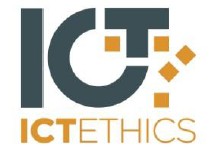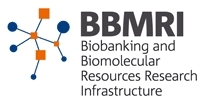EPINET Robot Autonomy
- Embedding workshop
- Robot autonomy: which perspectives are endorsed to shape and develop the [official] vision?
- Robot autonomy: which perspectives shape ethical and legal frameworks?
- Future robotics: who should participate, and which knowledge-domains should be included to shape policy visions?
- Policy recommendations
Collaborators:
University of Bergen: Kjetil Rommetveit, PI
Lancaster University (Cesagen): Kristrún Gunnarsdóttir
Vrije Universiteit Brussels: Niels van Dijk
Utrecht Universiteit: Martijntje Smits
Assessment methodologies: ethics, law, socio-technical evaluation, vision assessment.
See more information and research output
Recent policy agendas and research trends are openly pushing for "smarter", more dynamic and autonomous robotics systems, expected to help address the societal challenges in Europe, in particular, those of an ageing population, sustainable healthcare and welfare. The EPINET partners chose to study the implications of these developments and focus on the ways in which different professional communities, such as industry, law, ethics and academic roboticists approach the vision of autonomous robots in care and companionship roles.
Making robotic autonomy through science and law? was an embedding event held in Utrecht, 16-17 Feb 2014. The aim was to involve the relevant expertise and professional experience, including academic and industry robotics, law and ethics, vision assessments and socio-technical (STS) analysis. The workshop was intended to explore the expectations of robot autonomy amongst participants, against the backdrop of recent policy views and research trends (e.g. EUROP, 2009; Robot Companions for Citizens, 2012). Future robots should be designed for action in the home, in the streets, in care, at work and any other setting in which they can operate alongside humans and on behalf of them in assistive roles.
With these considerations in mind, our workshop proceeded by addressing thematically defined areas of interest to our case study:
Making autonomy in robotics and law is the title of the summary of our findings and policy recommendations. It documents our investigations into assessments of ethical, legal and societal aspects of autonomous robots in the European Union. Its main objective is to assess the state-of-the-art in assessments in this domain, especially focusing on the ways in which these may interact with or become integrated into main research and innovation networks, including the making of research and policy agendas.













